Habitat Conservation
From 1983 through 2007 there was a loss of approximately 3,000 acres of forest land per year in New Hampshire. The majority of this decline, according to officials, has been from residential development extending into previous otherwise forested areas. An increase in forest land since 2007 has been attributed to land cleared and slated for development being halted and reverting back to forest land.
Forest land is an important contributor to the quality of life enjoyed by all New Hampshire citizens. These forests provide wood and other forest products, watershed protection, wildlife habitat and biodiversity, recreation, fall color, and so much more. The NHTA maintains support for conserving this integral habitat for future generations - not just for the procurement of land to trap wildlife, but to ensure wildlife thrives in a healthy manner with the habitat and forest cover needed to do so.
While some may regard regulated trapping as an end-result user-driven endeavor, the controled “taking” of fur-bearing game species also includes the conservation of these important species and the places with which they call home. Without healthy wildlife populations, regulated activities like hunting and trapping would cease to exist, thus threatening our own existence as sustainable users. The regulated “take” of wildlife comes with the equally (if not more-so) important task of ensuring these natural resources (wildlife and their habitat) remain healthy and abundant. A pillar of this task resides in ensuring and advocating for the conservation and protection of green-space habitat for wildlife to thrive. In this regard, the NH Trappers Association stands tall with other state conservation agencies (that recognize and support a need for regulated management) in fighting for protection of wildlife habitat.
The NHTA has, and will continue to support habitat conservation as it relates to our mission and membership directives. We encourage and maintain an open relationship with other state conservation organizations who share in our mission of sustainable use and conservation.
